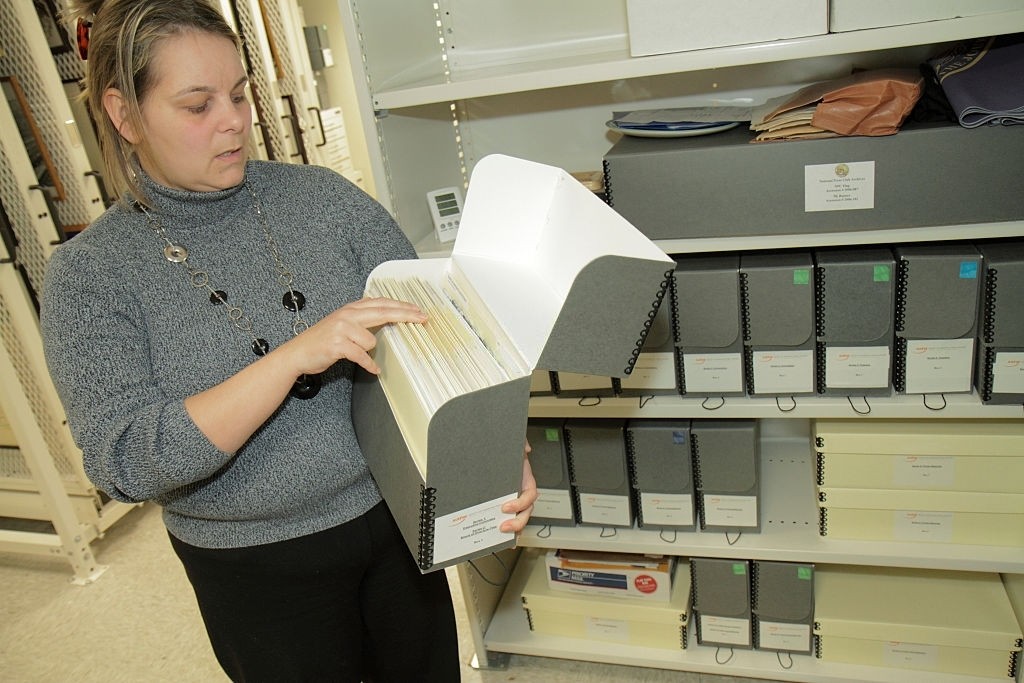If the IRS conducts an audit for one year and reviews records, but fails to keep the records and then conducts an audit for a second year, is the taxpayer obligated to provide a second copy of the records the IRS failed to keep from the first year? The court addressed this in United States v. Titan International, Inc., 811 F.3d 950 (7th Cir.).
Contents
Facts & Procedural History
The taxpayer incurred a loss in 2009. The loss carried forward to 2010.
The IRS audited the taxpayer’s 2009 tax return. After the 2009 audit was closed, the IRS issued an administrative summons to examine the loss carryover to 2010 from 2009.
The taxpayer moved to quash the IRS summons. The district court ordered the taxpayer to comply with the summons.
The taxpayer asked the appeals court whether it did not have to comply with the IRS’s summons given the limitation on second audits in Section 7605(b).
Prohibition on Second Audits
Section 7605 prohibits the IRS from conducting a second audit:
No taxpayer shall be subjected to unnecessary examination or investigations, and only one inspection of a taxpayer’s books of account shall be made for each taxable year unless the taxpayer requests otherwise or unless the Secretary, after investigation, notifies the taxpayer in writing that an additional inspection is necessary.
This provision usually does not hinder the IRS, but IRS personnel are often unclear as to when the law applies. For example, in CCA 200612015, IRS personnel asked the IRS Office of Chief Counsel whether it could send a questionnaire to taxpayers after audits. The questionnaire was to test its new computer software for detecting problem tax returns. The questionnaire was only a test, not to actually collect tax. The IRS attorneys concluded that sending the survey would not be a prohibited second audit.
Second Inspection of the Same Records
In Titan International, the taxpayer argued that the IRS had inspected the same records during its audit of the 2009 tax return and, because the IRS had not issued the required second audit notice, the taxpayer asserted that the reinspection of its 2009 records was not permitted.
The appeals court agreed with the IRS and the trial court, concluding that Section 7605(b) does not apply when the IRS seeks already-inspected records for an audit of a different tax year. Because the IRS summoned the 2009 records in connection with an audit of the taxpayer’s 2010 return—not its 2009 return—Section 7605(b) did not apply.
What About the Powell Factors?
The court did not address the Powell factors, which require the IRS to show that its summons: (1) is issued for a legitimate purpose; (2) seeks information that may be relevant to that purpose; (3) seeks information that is not already within the IRS’s possession; and (4) satisfies all administrative steps required by the Internal Revenue Code.
It would seem that the third element would not be satisfied here, or at a minimum, the taxpayer should not be required to bear the cost to reproduce records that the IRS chose not to keep.
This issue often comes up on audit, especially when one audit year is closed before the next year is opened. It also happens when one or more IRS employees requests information, but does not share the information with other team members.
Most taxpayers comply with the IRS’s subsequent requests–albeit grudgingly. The Titan International case suggests that they are required to do so.
In 40 minutes, we'll teach you how to survive an IRS audit.
We'll explain how the IRS conducts audits and how to manage and close the audit.


